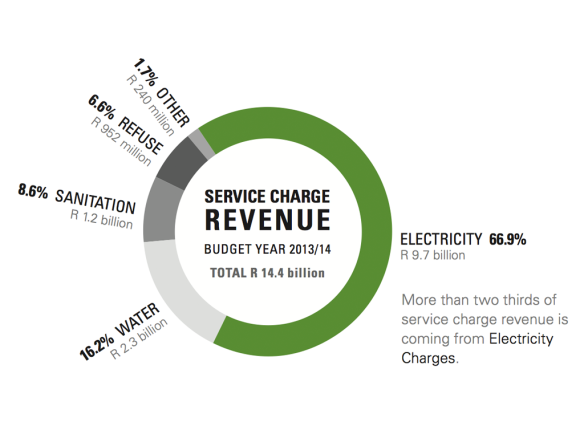An editorial in the Guardian praises the work of Esther Duflo and Abhijit Banerjee – the ‘randomistas’ – in conducting randomised control trials on development initiatives. Would like to see Ben Goldacre’s comment on the quality of their trials, as it’s one of his areas of specialty.
Particularly interested in the mention of their research into whether recipients of free mosquito nets value them – ‘an emphatic yes’. Kudos to them for questioning the simplistic (and non-evidence-based) idea that people only value things they have to pay money for; a convenient fiction for the interests that want to charge for goods and services (like water).
In praise of … Esther Duflo and Abhijit Banerjee
Through lots of microstudies, they make a subtle case for one big argument: aid really can help poor people
6 June 2011
Since the banking crisis broke, the different schools of economic thought have gained much exposure. You’ve heard of the Keynesians, the monetarists, the behaviouralists. Well, now meet the randomistas. The nickname given to the work done by MIT economists Abhijit Banerjee and Esther Duflo refers to their use of randomised control trials, familiar to whitecoats working in science labs but not so common among crumpled development analysts in, say, West Bengal. Yet Banerjee and Duflo put the random trial to excellent use to find out what works. Want poor families in north India to immunise their children? Offer the parents a small bag of lentils as an incentive and vaccination rates make a startling jump, from around 5% to almost 40%. Or take the question of whether poor Africans really value mosquito nets they are given free. Much debated within university faculties, it took a randomista to go out to west Kenya and find the answer (an emphatic yes). Duflo and Banerjee tell these stories in a lovely new book called Poor Economics. As they admit, randomistas cannot answer some big questions – how to tackle food prices, for instance. But through lots of microstudies, they make a subtle case for one big argument: aid really can help poor people, provided the money follows the evidence. The economists back home lining up to warn George Osborne his plan isn’t working must wish there was some simple experiment to settle the manner, without making guinea pigs of us all.
http://www.guardian.co.uk/commentisfree/2011/jun/06/praise-esther-duflo-abhijit-banerjee
